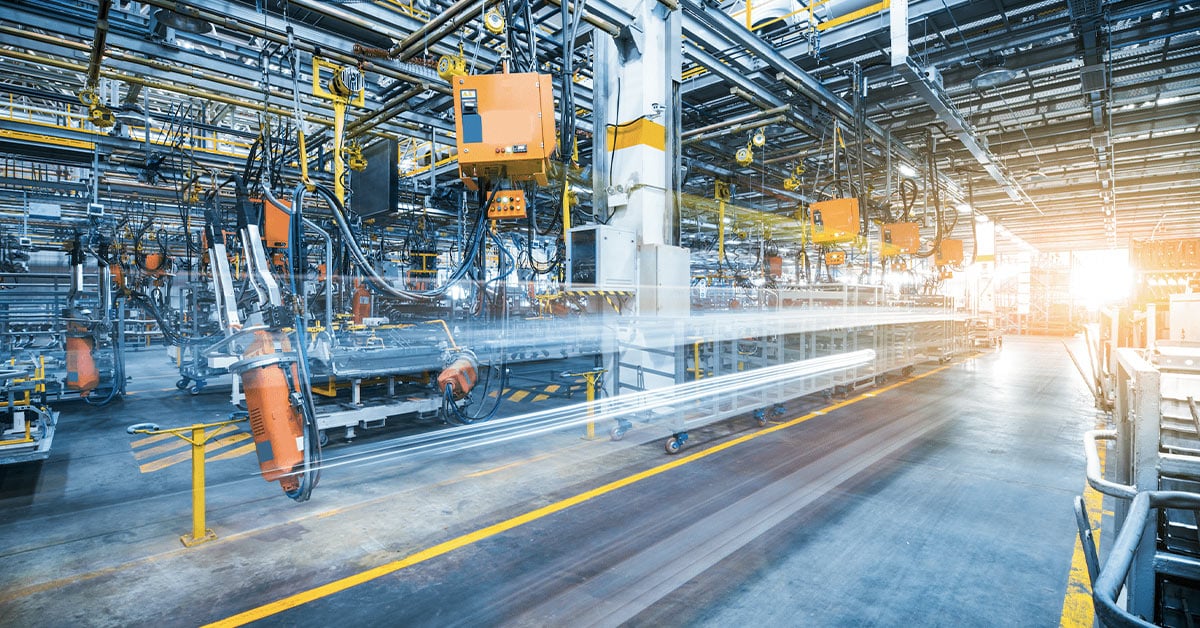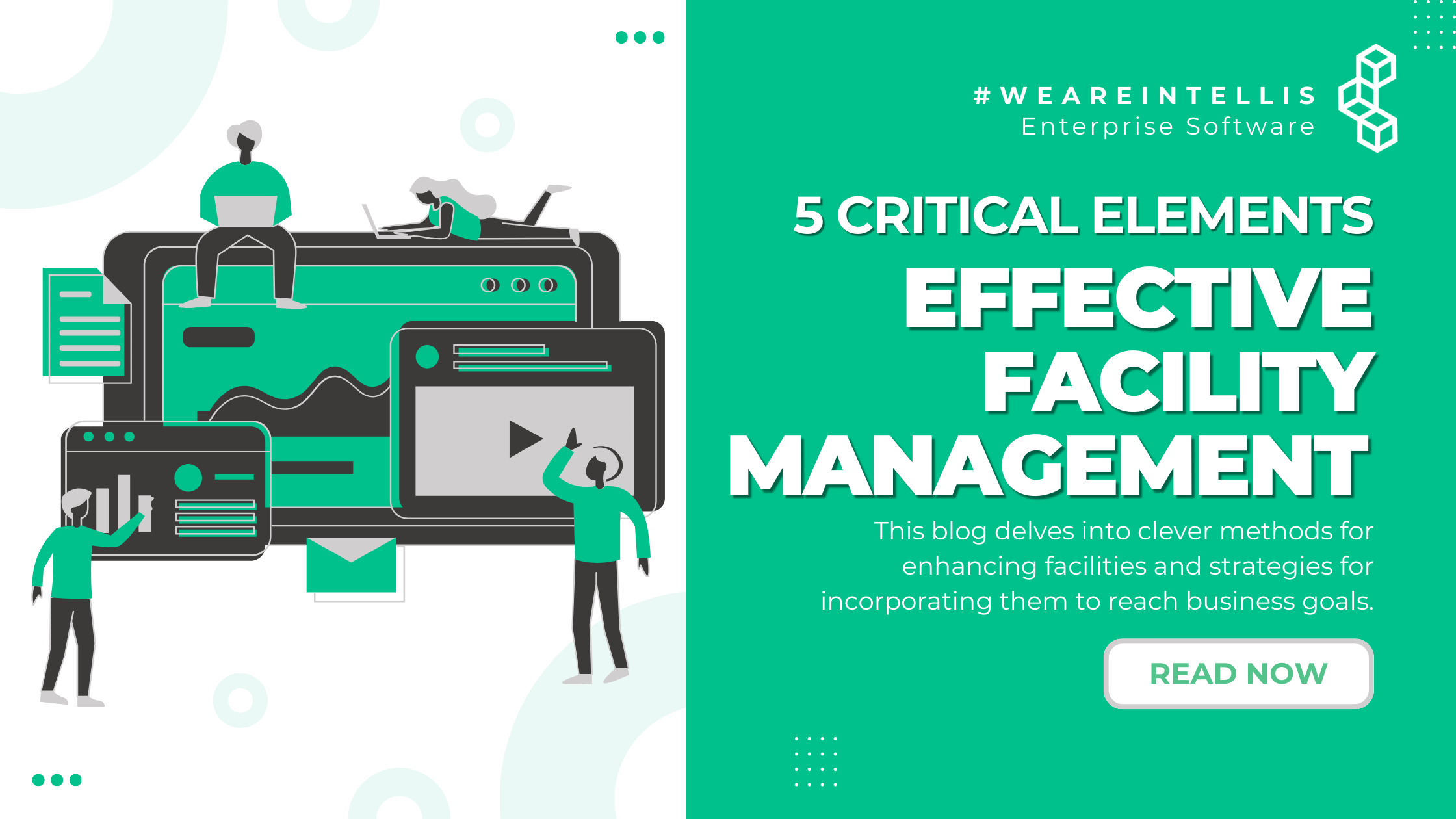Facility Management-- Necessary Solutions for Efficient Procedures
Facility Management-- Necessary Solutions for Efficient Procedures
Blog Article
Secret Patterns Shaping the Future of Facility Administration in 2024
As we look in advance to 2024, the landscape of facility management is positioned for considerable change, driven by several key fads. The combination of smart structure innovations and a shift in the direction of data-driven decision-making pledge to enhance functional effectiveness while prioritizing sustainability in method.
Smart Building Technologies

Smart structure technologies include a large selection of systems, consisting of smart lighting, heating and cooling controls, and safety systems. By incorporating these systems, center supervisors can monitor and change specifications in real-time, causing considerable decreases in power waste and operational expenses. As an example, wise sensors can discover tenancy levels and readjust lights and temperature level appropriately, making sure that power is only used when necessary.
Moreover, these modern technologies assist in boosted information collection, enabling organizations to track use patterns and determine chances for further renovations. The execution of wise building modern technologies not just adds to sustainability objectives however also develops much healthier workplace that can improve employee performance and contentment.
As we move right into 2024, the fostering of smart structure technologies will likely increase, showing a broader change towards even more intelligent, receptive, and sustainable center monitoring techniques.
Data-Driven Decision Making
Increasingly, organizations are leveraging data-driven choice making to improve center management techniques. By taking advantage of information analytics, center managers can obtain actionable insights that dramatically enhance functional effectiveness and source allocation. The integration of sophisticated modern technologies, such as IoT sensing units and real-time surveillance systems, makes it possible for the collection of vast amounts of information on structure performance, tenancy prices, and energy intake.
This wealth of info permits facility supervisors to recognize patterns, predict maintenance demands, and proactively address issues before they intensify. For instance, predictive analytics can anticipate tools failings, decreasing downtime and repair service prices. Furthermore, information visualization devices facilitate better communication among stakeholders, making certain that informed decisions are made collaboratively.
Furthermore, data-driven techniques boost critical preparation by making it possible for center supervisors to assess the effectiveness of current practices and make notified options concerning investments in innovation or facilities. As organizations progressively focus on functional quality, data-driven choice production is positioned to come to be a keystone of effective facility management strategies in 2024 and beyond. Ultimately, the capability to take advantage of information efficiently will equip organizations to create more reliable, effective, and durable facilities.
Sustainability and Eco-friendly Practices
The emphasis on data-driven decision making normally straightens with the expanding emphasis on sustainability and eco-friendly practices within center management. As organizations increasingly focus on environmental responsibility, center managers are leveraging analytics to optimize source usage, reduce waste, and decrease carbon impacts. This tactical approach makes it possible for the combination of energy-efficient systems, such as LED illumination, smart cooling and heating controls, and eco-friendly energy resources into facility procedures.
Furthermore, the execution of lasting practices expands beyond power consumption. Center managers are taking on green materials and advertising recycling campaigns to create a round economy within their centers. This not only boosts the environmental account of the company however additionally promotes a society of sustainability among workers.
Conformity with environmental laws is another essential aspect driving the fostering of green techniques. By utilizing data analytics, facility supervisors can monitor compliance metrics and identify locations for improvement, making sure adherence to global and neighborhood sustainability standards.
Hybrid Work Models
A substantial shift in the direction of hybrid job versions is improving the landscape of facility management in 2024. This paradigm incorporates remote and in-office work, necessitating a reevaluation of area usage, source allocation, and employee engagement methods. Organizations are increasingly identifying the importance of adaptable work spaces that provide to diverse requirements and preferences.
Facility supervisors must adjust by carrying out versatile workplace styles that support collaborative initiatives while giving areas for concentrated work. This includes the combination of technology to help with smooth communication and cooperation amongst remote and in-office employees. Smart structure solutions, equipped with sensors and analytics, allow for real-time monitoring of space usage, allowing companies to enhance their settings efficiently.
Furthermore, hybrid work versions highlight the requirement for effective facility management that focuses on employee experience. In significance, the hybrid work model is revolutionizing center administration, encouraging a proactive approach to fulfill the developing demands of the workforce.
Enhanced Resident Wellness
As companies welcome hybrid job versions, an enhanced focus on a fantastic read passenger health is coming to be essential to facility management strategies. Facility Management. This change acknowledges that a satisfied and healthy labor force directly affects efficiency and retention prices. Center managers are currently prioritizing environments that advertise physical and mental wellness, incorporating elements such as natural lights, biophilic style, and available wellness sources

Modern technology plays a crucial role in this evolution. Smart building systems can monitor environmental factors and adjust setups in real-time, ensuring optimal convenience levels - Facility Management. Comments devices, such as tenancy sensing units and worker studies, allow facility supervisors to consistently refine wellness efforts based on owner requirements.

Final Thought
In 2024, the future of center management will certainly be considerably influenced by the combination of wise building innovations and data-driven decision-making, cultivating boosted functional effectiveness. These patterns collectively underscore the developing landscape of facility management in response to contemporary challenges and possibilities.
Center managers are advertising and embracing environment-friendly products recycling efforts to create a circular economic climate within their facilities.A substantial shift in the direction of crossbreed work versions is reshaping the landscape of center administration in 2024.Moreover, hybrid work models emphasize the demand for efficient center monitoring that prioritizes employee experience.As organizations embrace hybrid job versions, an increased emphasis on resident health is coming to be important to center management approaches.In 2024, click reference the future of center monitoring will be substantially affected by the assimilation of smart structure modern technologies and data-driven decision-making, fostering enhanced operational efficiency.
Report this page